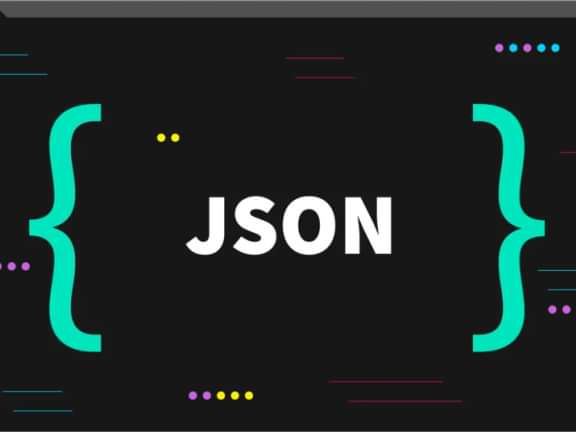Ethereum Development Community Nears Merge Date for Proof of Stake
A brief introduction to consensus mechanisms and why proof of stake is the right move for Ethereum.

When it comes to blockchains like Ethereum or Bitcoin, which are, in essence, huge distributed databases, the network's nodes must reach an agreement on the current state of all the transactions being completed. This agreement is achieved using what's called "consensus mechanisms".
Let's look at a couple of the more popular consensus mechanisms.
Proof of Work
Currently used by most major blockchains, Proof-of-work is achieved by using a network of "miners", who compete to create new blocks full of completed transactions. The winner shares the new block with the rest of the network and earns some cryptocurrency as a reward in the process. The race is won by the computer which is able to solve a complicated math puzzle fastest – this produces the cryptographic link between the current block and the block that went before. Solving this puzzle is the work in "proof-of-work".
Proof-of-stake
Proof-of-stake is done by validators who have staked a particular cryptocurrency to participate in the system. A validator is chosen at random to create new blocks, share them with the network and earn rewards. Instead of needing to do intense computational work, you simply need to have staked your cryptocurrency in the network. This is what incentivizes healthy network behavior.
Proof of Authority
Proof-of-authority is a consensus mechanism that gives a small and designated number of blockchain actors the power to validate transactions or interactions with the network and to update its more or less distributed registry. This type of consensus mechanism is usually found in private blockchains, where decentralization isn't at the forefront of the concept for the specific ecosystem.
Ethereum's new path
Ethereum, as we know it currently, runs utilizing the proof-of-work consensus mechanism, but has plans to switch soon (very soon actually: github). The Ethereum development community has chosen to shift the entire network to proof-of-stake, which among many other things - will drastically cutdown on the global energy usage that Ethereum currently requires to maintain its network.
We at Brilliance (as well as the larger Ethereum developer community) are very much looking forward to this change, as we're hoping that this drastically reduces development costs for our clients who wish to utilize the very powerful technology of the Ethereum netowrk in their businesses.
Want to participate in Ethereum, Web3 or the Metaverse on a corporate level? Drop us a line and we'll get the conversation started!
Continue reading.
The Element API plugin is a very powerful tool that you can use for quickly exposing your data structures to an external source.
Read moreWordPress has its place, but for larger, more complex projects it should be avoided. We will show how Craft CMS is an overall better solution for your website needs.
Read moreLet's chat about your project
Portland, OR 97215



